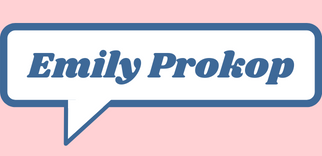With technology evolving and more ways to connect than ever before, it can be incredibly easy for someone to find out a lot about you by just searching your name in Google or on social media.
Before you begin a podcast, know that you will be putting yourself out there to the masses and it's a good idea to evaluate what other information you may already have that's easily searchable. And it's a good idea to take precautions sooner rather than later








